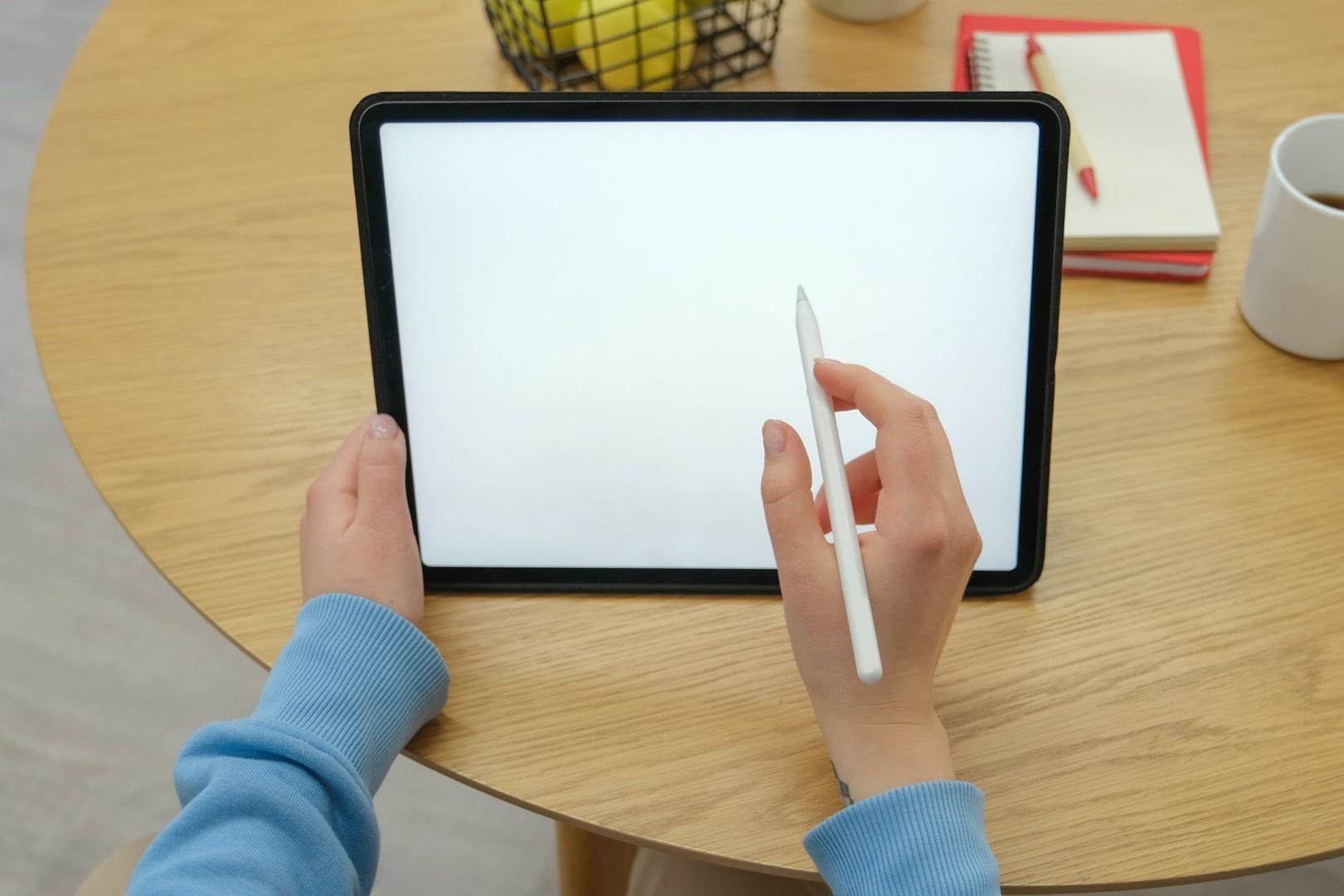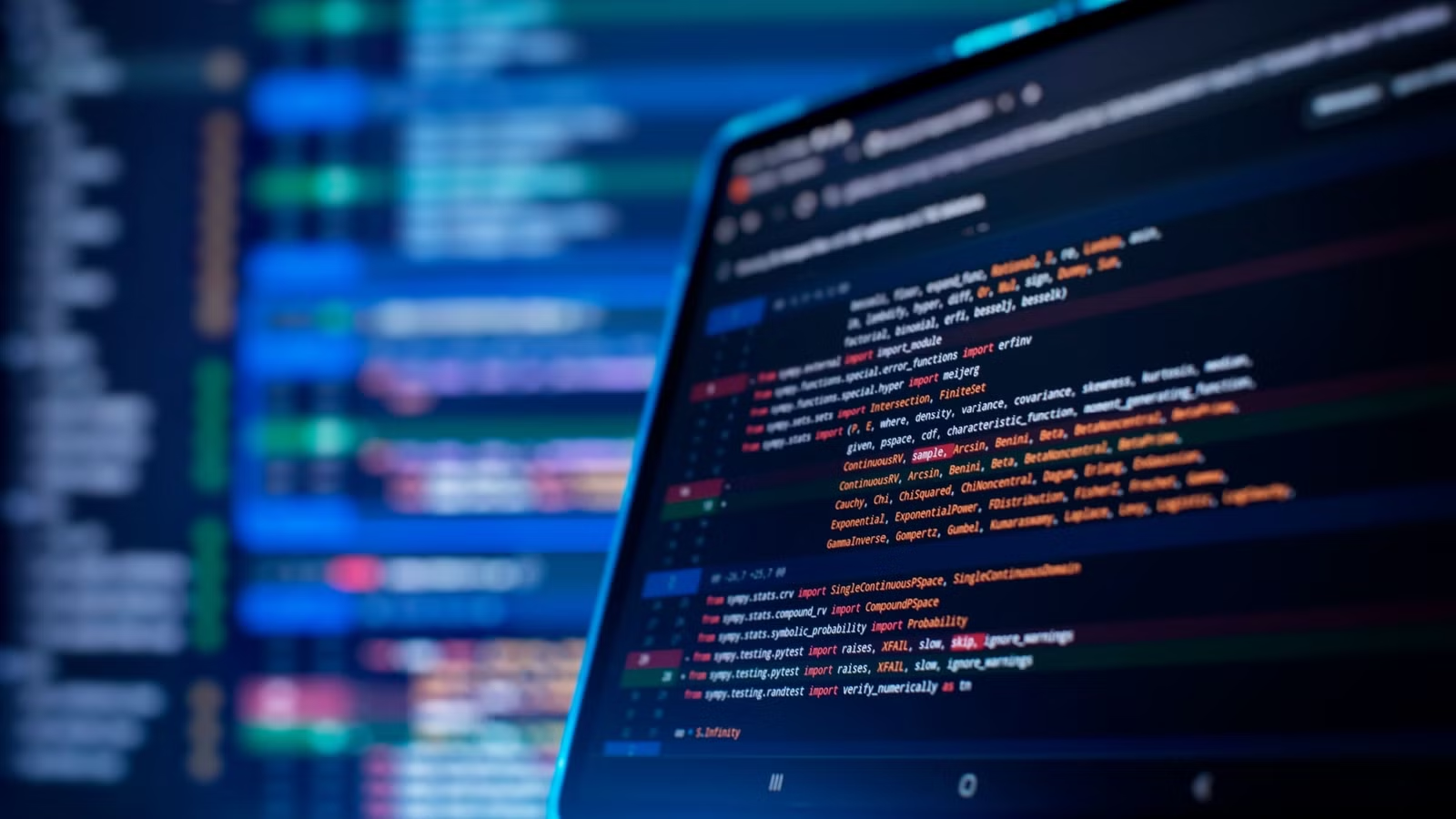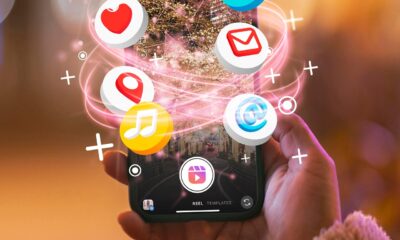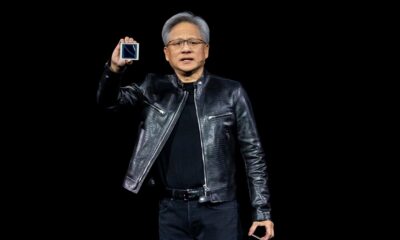TECHNOLOGY
Artificial Intelligence is Bridging the Gap Between Cognition and Expression

AI allows individuals with significant cognitive abilities but limited expressive means to articulate their ideas, create narratives, or design art.
The use of artificial intelligence disrupts traditional notions of genius, suggesting it’s widespread, often only constrained by expression. The advent of GPT could herald a new era of creative expression and innovation, redefining human potential and genius.
The human mind is an unfathomable abyss of knowledge, creativity, and ingenuity. It is like an artesian well of ideas and thoughts, brimming with untapped potential. Yet, the key obstacle to realizing this potential, for many, is the lack of functional expression: the ability to translate this cognitive prowess into tangible output. The eloquence of a Hemingway or the visual audacity of a Picasso were not just a product of their cognitive genius but also their capacity to express it effectively.
In an intriguing new development in artificial intelligence and GPT models could hold the key to unlocking this dormant genius within us all. Let’s delve into the philosophical implications of GPT and how it might unlock the creative and cognitive potential previously inaccessible due to functional limitations.
Bridging the Gap Between Cognition and Expression
One may argue that the magic of Picasso wasn’t solely in his imagination, but in his ability to take that mental image and manifest it into a painting that could provoke thought and emotion. Similarly, the genius of Hemingway wasn’t only in his thoughts and ideas but in his capacity to weave those into words that could evoke powerful imagery and resonate with readers.
For many, the bridge between cognitive capacity and expressive ability is a sturdy, well-travelled one. However, for others, this bridge is unstable or, in some cases, non-existent. Despite having the cognitive horsepower, they may lack the necessary skills or abilities to manifest that creativity or knowledge into something tangible. This gap between cognition and expression is where GPT and AI come into play.
The Role of GPT in Facilitating Creative Expression
GPT, with its language model capabilities, can generate human-like text based on a given prompt. This technology holds the potential to serve as an expressive tool for those who may have the cognitive ability but lack the functional skills to express it effectively.
By providing an accessible and user-friendly interface, GPT can act as a conduit between the mind and the outside world. It can help articulate complex ideas, generate creative narratives, and even design art. By doing so, GPT can help individuals express their cognitive prowess in words and images, essentially unlocking aspects of creativity and even genius that were previously out of reach.
The Philosophical Implications of Unleashing Latent Genius
The potential of GPT to unlock latent cognitive abilities raises fascinating philosophical questions. If the barrier to expression is lifted, what does that mean for the concept of genius? Traditionally, genius has been seen as a rare blend of extraordinary cognitive ability and the capacity to express it. If technology can now aid in the latter, does it democratize genius?
This notion challenges the conventional understanding of genius as an exclusive, elite domain. It broadens the scope, positing that genius can be found in many more places, hidden behind barriers of expression. In this sense, GPT and AI are not just technological advancements but philosophical disruptors, forcing us to reassess our definitions and assumptions about creativity, genius, and the human potential.
The Blooming of Cognitive Capabilities
As we move forward in the age of AI, the use of technologies like GPT to bridge the gap between cognition and expression opens up an array of exciting possibilities. The capacity to unlock the latent genius within us all can lead to a surge of creativity and innovation, possibly sparking a renaissance in various fields. While there are still questions about the implications of this democratization of genius, one thing is clear: the synergy of human cognition and AI has the potential to redefine the boundaries of human potential, creativity, and genius.

















